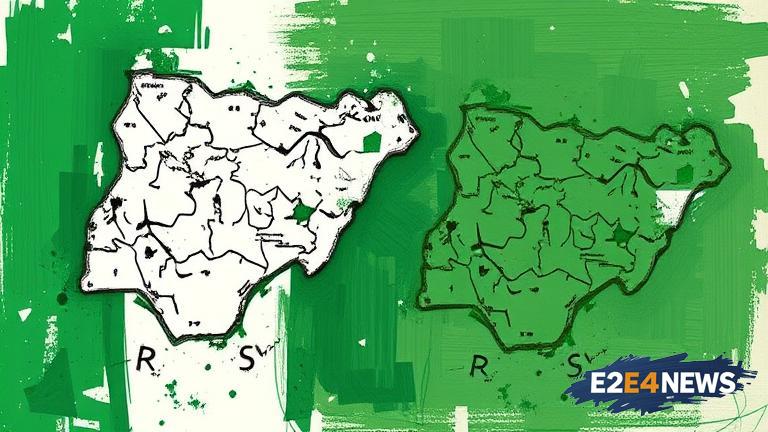The recent screening of Senior Advocates of Nigeria (SAN) by the Department of State Services (DSS) has been plagued by sharp practices, sparking widespread criticism and outrage. The DSS, Nigeria’s secret police, is responsible for conducting background checks on prospective SANs, but the process has been compromised by allegations of corruption and favoritism. Many have questioned the credibility of the screening process, citing instances of unqualified candidates being cleared while more deserving ones are rejected. The sharp practices have undermined the integrity of the SAN rank, which is the highest honor bestowed on lawyers in Nigeria. The DSS has been accused of being biased in its screening, with some candidates allegedly receiving preferential treatment due to their connections or influence. The Nigerian Bar Association (NBA) has also been criticized for its role in the screening process, with some members accusing the association of being complicit in the sharp practices. The NBA has a significant say in the selection of SANs, and its members are often involved in the screening process. However, the association’s involvement has been marred by allegations of corruption and cronyism. The sharp practices have far-reaching implications for the Nigerian justice system, as they undermine the credibility of the courts and the legal profession as a whole. The DSS and the NBA must take urgent steps to address the sharp practices and restore the integrity of the SAN screening process. This can be achieved by introducing more transparent and merit-based criteria for selection, as well as ensuring that the screening process is free from corruption and bias. The Nigerian government must also take a more active role in overseeing the screening process, to ensure that it is conducted in a fair and transparent manner. Furthermore, the government must hold those responsible for the sharp practices accountable, to serve as a deterrent to others. The sharp practices have also highlighted the need for greater accountability and transparency in the Nigerian justice system. The judiciary must be independent and impartial, and the selection of judges and other judicial officers must be based on merit rather than influence or connections. The Nigerian people have a right to expect a fair and just justice system, and it is the responsibility of the government and the judiciary to ensure that this right is protected. In conclusion, the sharp practices that have marred the DSS and SAN screening process are a serious concern that must be addressed urgently. The integrity of the Nigerian justice system depends on it, and the government and the judiciary must take all necessary steps to prevent such practices from occurring in the future. The Nigerian people deserve a justice system that is fair, transparent, and accountable, and it is the responsibility of those in power to ensure that this is achieved. The DSS and the NBA must work together to restore the integrity of the SAN screening process, and the government must provide the necessary oversight and support to ensure that the process is conducted in a fair and transparent manner. Ultimately, the sharp practices that have plagued the DSS and SAN screening process are a symptom of a larger problem of corruption and lack of accountability in the Nigerian justice system. Addressing these underlying issues is crucial to restoring the integrity of the justice system and ensuring that the rights of the Nigerian people are protected.
